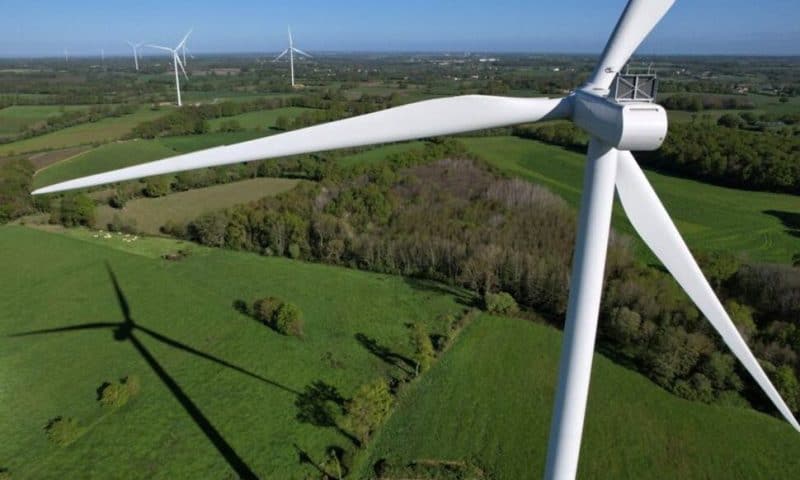BRUSSELS – The next European Commission must do more to help European industry catch up in the green tech race with China and the U.S., said Spain’s climate and energy minister Teresa Ribera, a front-runner to be the EU’s next head of green policies.
EU country leaders meet on Monday in Brussels to discuss the top jobs in the next European Commission, in which each of the 27 EU countries will have a member.
Ribera, who Spain’s government has put forward to seek a senior climate-related Commission post, rebuffed some politicians’ calls for the EU to slow its green transition, but said greater effort would be needed to address its fallout for citizens and industries.
“This is going to be a very critical period for Europe, and either we manage to overcome all the difficulties and become this strong, positive power. Or, we implode,” Ribera told Reuters in an interview.
“The green agenda is a good driver to catch up and to get back in a relevant position,” she said.
Green parties performed badly in this month’s European Parliament elections, while far-right parties sceptical of climate policies gained seats.
Ribera said future climate policymaking would be harder. But she said delaying Europe’s green shift would ultimately backfire, by costing European companies their edge in low-carbon industries and subjecting farmers to more extreme drought and crop-shrivelling heat.
As global competition in green technologies sharpens, Europe is adopting a tougher stance against China. Brussels last week announced tariffs on imported Chinese electric cars, and is investigating Chinese subsidies for wind and solar suppliers.
Ribera said the next Commission should consult local industries to understand what conditions could help them get “back in this race” with the U.S. and China – be it more public investments in next-generation technologies, or simpler bureaucratic rules.
“The United States realized that they needed to invest in their own (industry), so they are attracting money and investment from all over the world – including European money,” she said. “Why do we not do that in our own countries?”
Among the first tasks for the next EU Commission is to propose a 2040 EU climate target, to help steer Europe towards its 2050 net-zero emissions goal.
Ribera said she backed the Commission’s initial suggestion for a 90% emissions cut by 2040, but with an option to go further if this was possible.

